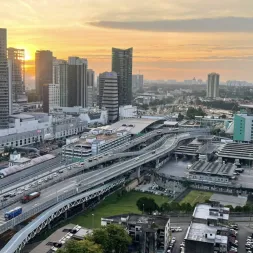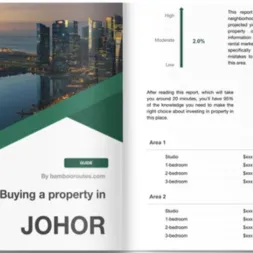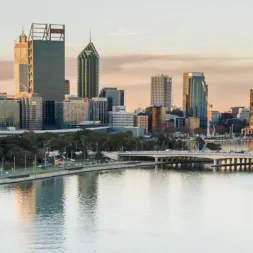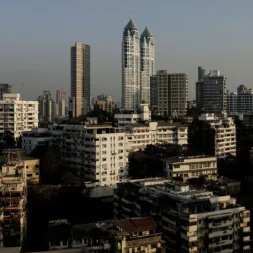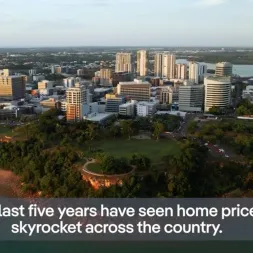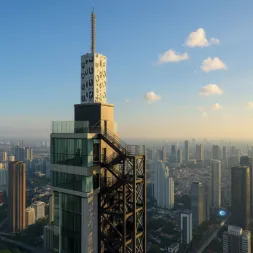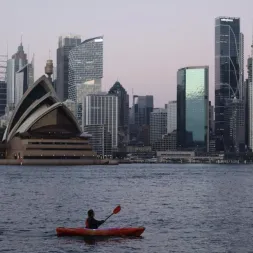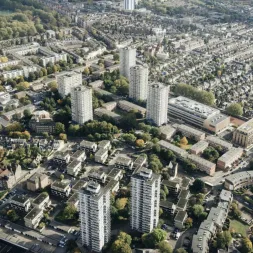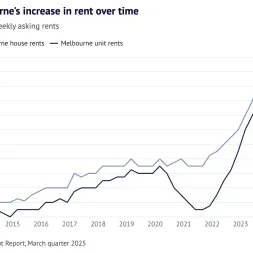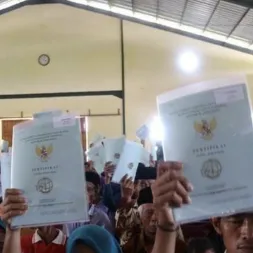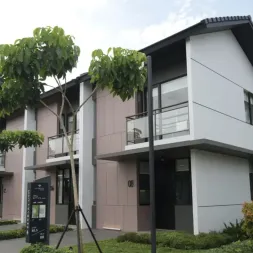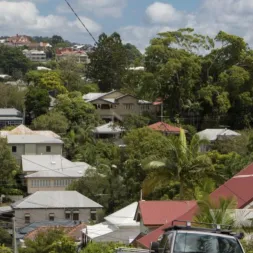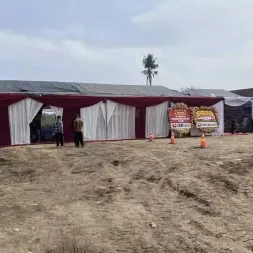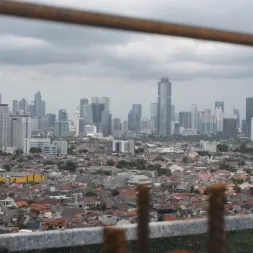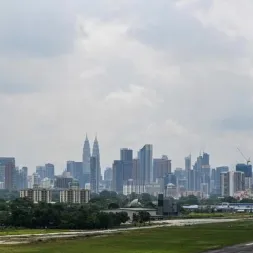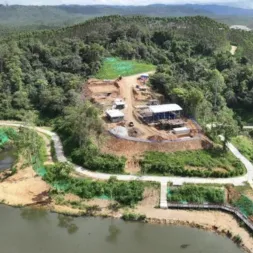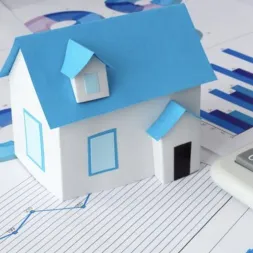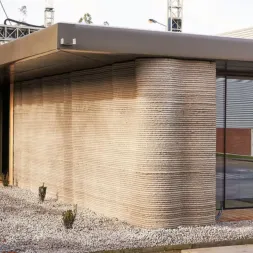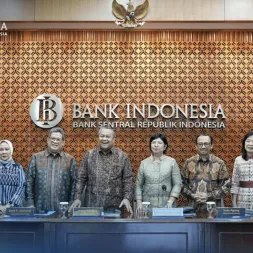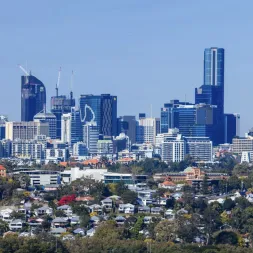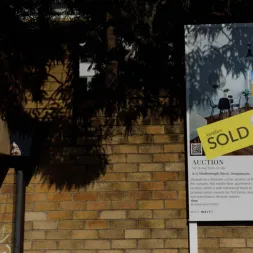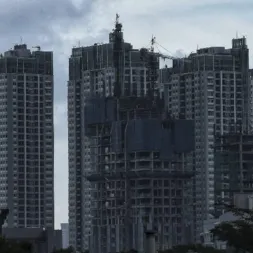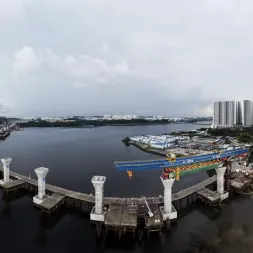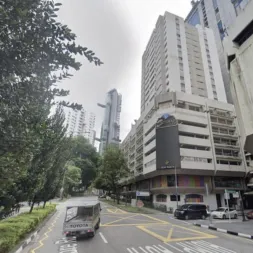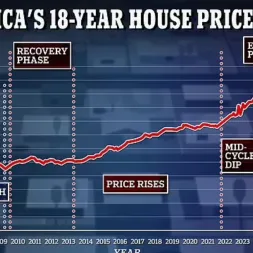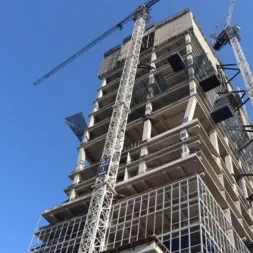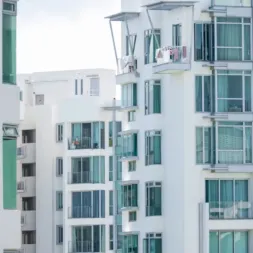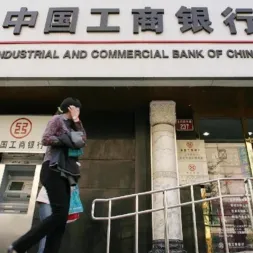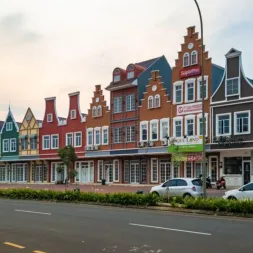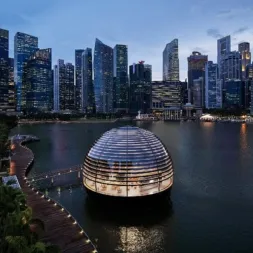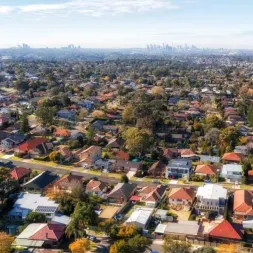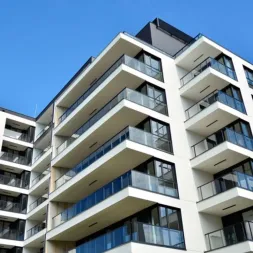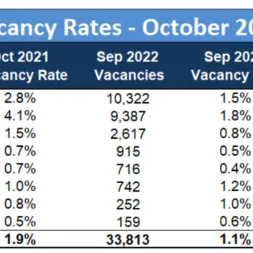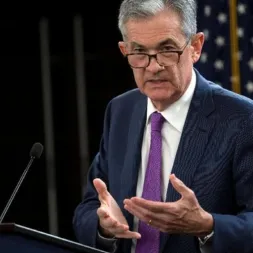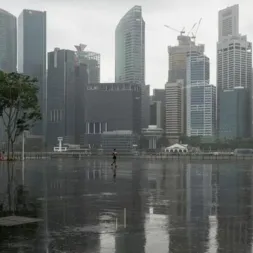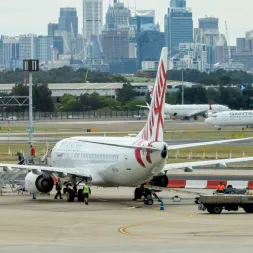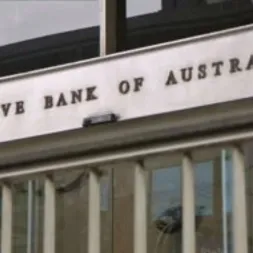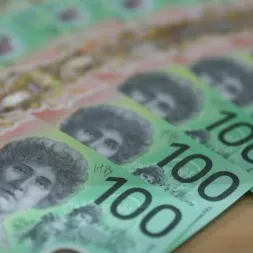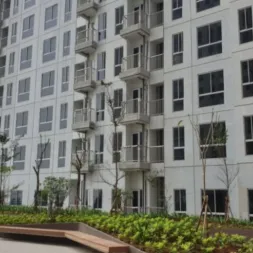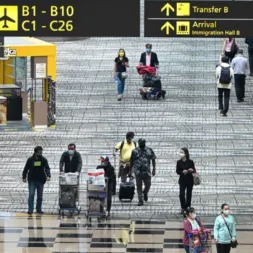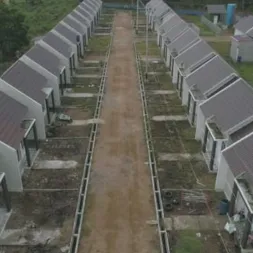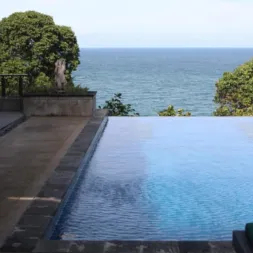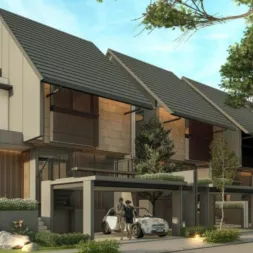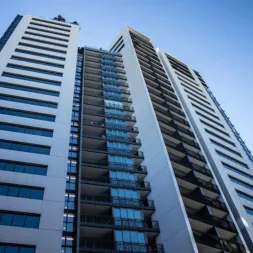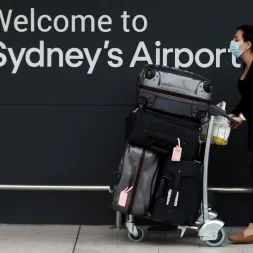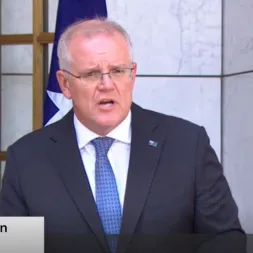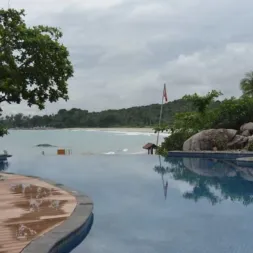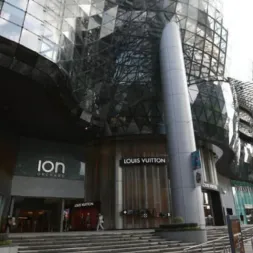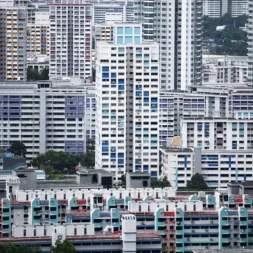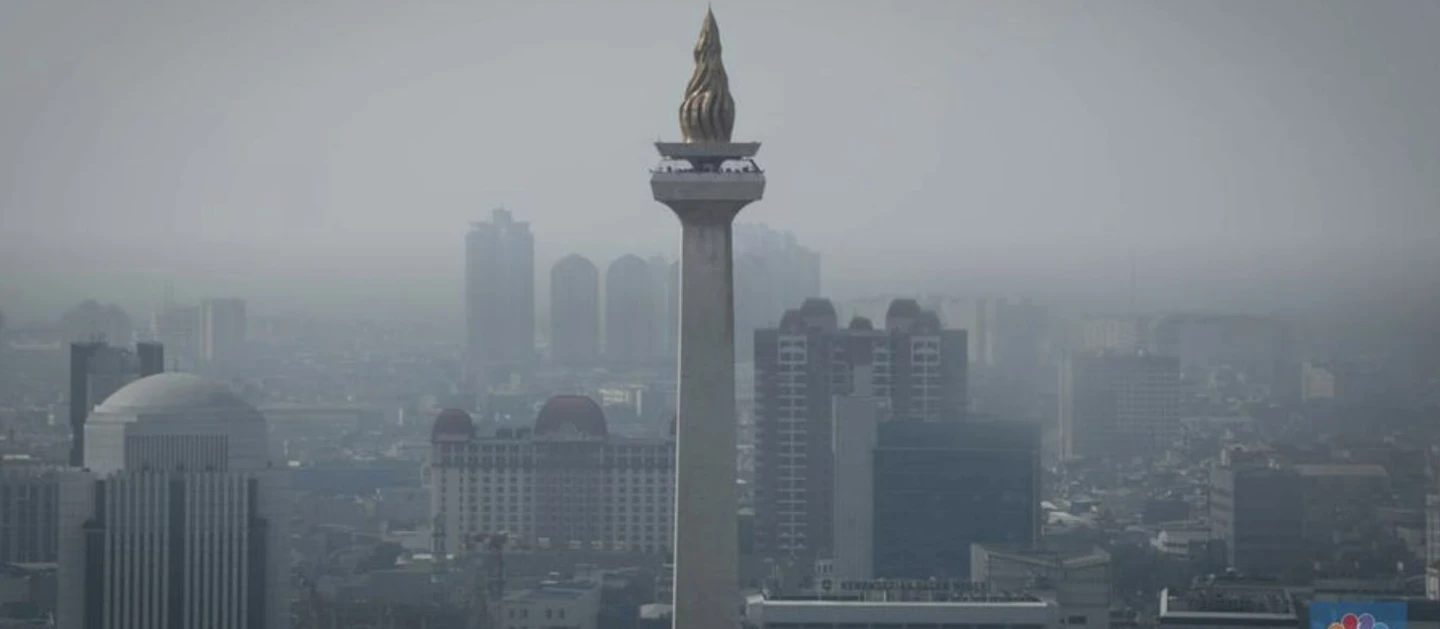
Chinese investors suddenly flocked to Indonesia, what happened?
Jakarta, CNBC Indonesia - A wave of Chinese investors has begun flooding into Indonesia to avoid high United States (US) tariffs and target the large domestic market. This movement has driven industrial property prices in the country up by 25% and revitalized industrial areas in West Java.
Gao Xiaoyu, founder of industrial land consultant PT Yard Zeal Indonesia, said his office has been inundated with inquiries from Chinese companies looking to expand or relocate operations to Indonesia. This surge occurred after the US imposed import tariffs of more than 30% on goods from China, while the tariff for Indonesia is only 19%.
"We've been quite busy lately. We've been in meetings from morning to night. The industrial areas are also very busy," Gao said, as quoted by Reuters on Thursday (August 14, 2025). Gao founded his company in 2021 with four employees and has now grown to more than 40.
Indonesia is a target because, in addition to lower tariffs, it is Southeast Asia's largest economy with a massive consumer market potential. Government data shows that Indonesia's economic growth reached 5.12% in the second quarter of 2025, the highest in the past two years.
"If you can establish a strong business presence in Indonesia, you've essentially captured half of the Southeast Asian market," said Zhang Chao, a Chinese motorcycle headlight manufacturer currently operating in Indonesia.
Mira Arifin, Bank of America's Country Director for Indonesia, cited the young demographic and large workforce as key attractions.
"Indonesia has a large talent pool with a dynamic young demographic that encourages foreign investors to quickly scale up in the country," he explained.
Investment from China and Hong Kong to Indonesia increased by 6.5% year-on-year (yoy) to US$8.2 billion in the first half of 2025. Total Foreign Direct Investment (FDI) grew by 2.58% to Rp 432.6 trillion, and the government is optimistic that investment flows will increase in the second half of this year.
However, challenges remain, ranging from complicated bureaucracy, inadequate infrastructure, and the lack of a complete industrial supply chain like in China. Some investors are also wary of President Prabowo Subianto's populist fiscal policies, including free meal programs for schoolchildren and pregnant women.
However, industrial areas in West Java, such as Subang Smartpolitan, are experiencing a surge in demand. Abednego Purnomo, Vice President of Sales, Marketing, and Tenant Relations at Suryacipta Swadaya, said that "our phone, email, and WeChat accounts were immediately flooded with new customers after the US-Indonesia tariff deal was announced last month. Coincidentally, they were all from China."
Meanwhile, Rivan Munansa, Head of Industrial and Logistics Services at Colliers International Indonesia, said that inquiries into industrial land from Chinese companies are occurring "almost daily."
"Most are looking for ready-to-use facilities, such as express programs," he said.
This high interest has caused industrial and warehouse property prices in Indonesia to surge 15-25% year-on-year in the first quarter of 2025, the fastest increase in 20 years. Zhang Chao himself felt the impact when renting a new building in Jakarta at a rate 43% higher than last year.
"In Indonesia, it's relatively easy to achieve a net profit margin of 20%-30%, while in China it's only around 3%," Zhang said.
Furthermore, Marco Foster, ASEAN Director at Dezan Shira & Associates, cited Indonesia's key added value as a key factor in the domestic consumer market. "In addition to supply chain diversification, Indonesia offers something few other countries in the region have: a large domestic market," he said.
https://www.cnbcindonesia.com/news/20250814130717-4-657941/investor-china-mendadak-ramai-ramai-serbu-ri-apa-yang-terjadi
Gao Xiaoyu, founder of industrial land consultant PT Yard Zeal Indonesia, said his office has been inundated with inquiries from Chinese companies looking to expand or relocate operations to Indonesia. This surge occurred after the US imposed import tariffs of more than 30% on goods from China, while the tariff for Indonesia is only 19%.
"We've been quite busy lately. We've been in meetings from morning to night. The industrial areas are also very busy," Gao said, as quoted by Reuters on Thursday (August 14, 2025). Gao founded his company in 2021 with four employees and has now grown to more than 40.
Indonesia is a target because, in addition to lower tariffs, it is Southeast Asia's largest economy with a massive consumer market potential. Government data shows that Indonesia's economic growth reached 5.12% in the second quarter of 2025, the highest in the past two years.
"If you can establish a strong business presence in Indonesia, you've essentially captured half of the Southeast Asian market," said Zhang Chao, a Chinese motorcycle headlight manufacturer currently operating in Indonesia.
Mira Arifin, Bank of America's Country Director for Indonesia, cited the young demographic and large workforce as key attractions.
"Indonesia has a large talent pool with a dynamic young demographic that encourages foreign investors to quickly scale up in the country," he explained.
Investment from China and Hong Kong to Indonesia increased by 6.5% year-on-year (yoy) to US$8.2 billion in the first half of 2025. Total Foreign Direct Investment (FDI) grew by 2.58% to Rp 432.6 trillion, and the government is optimistic that investment flows will increase in the second half of this year.
However, challenges remain, ranging from complicated bureaucracy, inadequate infrastructure, and the lack of a complete industrial supply chain like in China. Some investors are also wary of President Prabowo Subianto's populist fiscal policies, including free meal programs for schoolchildren and pregnant women.
However, industrial areas in West Java, such as Subang Smartpolitan, are experiencing a surge in demand. Abednego Purnomo, Vice President of Sales, Marketing, and Tenant Relations at Suryacipta Swadaya, said that "our phone, email, and WeChat accounts were immediately flooded with new customers after the US-Indonesia tariff deal was announced last month. Coincidentally, they were all from China."
Meanwhile, Rivan Munansa, Head of Industrial and Logistics Services at Colliers International Indonesia, said that inquiries into industrial land from Chinese companies are occurring "almost daily."
"Most are looking for ready-to-use facilities, such as express programs," he said.
This high interest has caused industrial and warehouse property prices in Indonesia to surge 15-25% year-on-year in the first quarter of 2025, the fastest increase in 20 years. Zhang Chao himself felt the impact when renting a new building in Jakarta at a rate 43% higher than last year.
"In Indonesia, it's relatively easy to achieve a net profit margin of 20%-30%, while in China it's only around 3%," Zhang said.
Furthermore, Marco Foster, ASEAN Director at Dezan Shira & Associates, cited Indonesia's key added value as a key factor in the domestic consumer market. "In addition to supply chain diversification, Indonesia offers something few other countries in the region have: a large domestic market," he said.
https://www.cnbcindonesia.com/news/20250814130717-4-657941/investor-china-mendadak-ramai-ramai-serbu-ri-apa-yang-terjadi
Latest News




